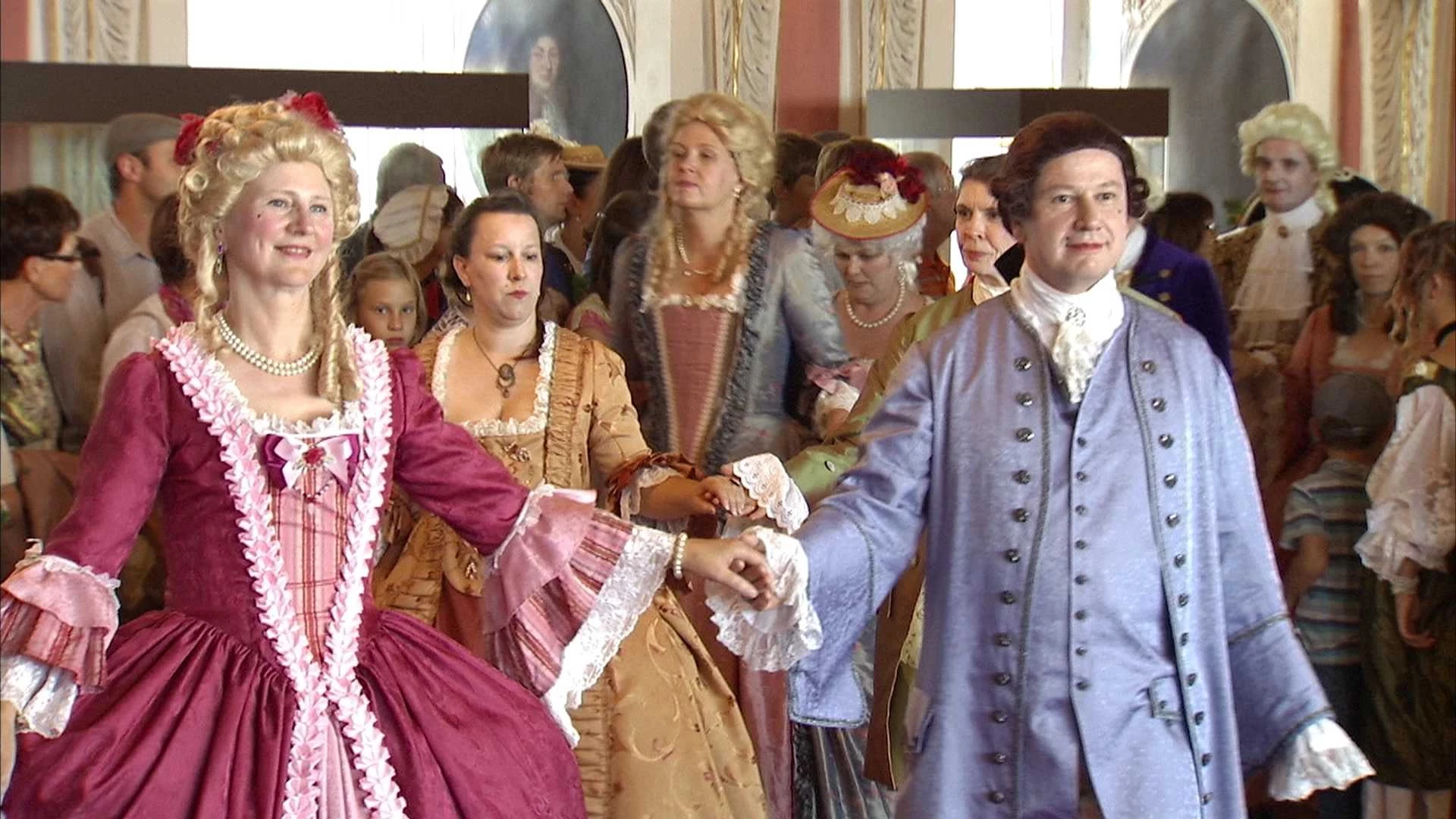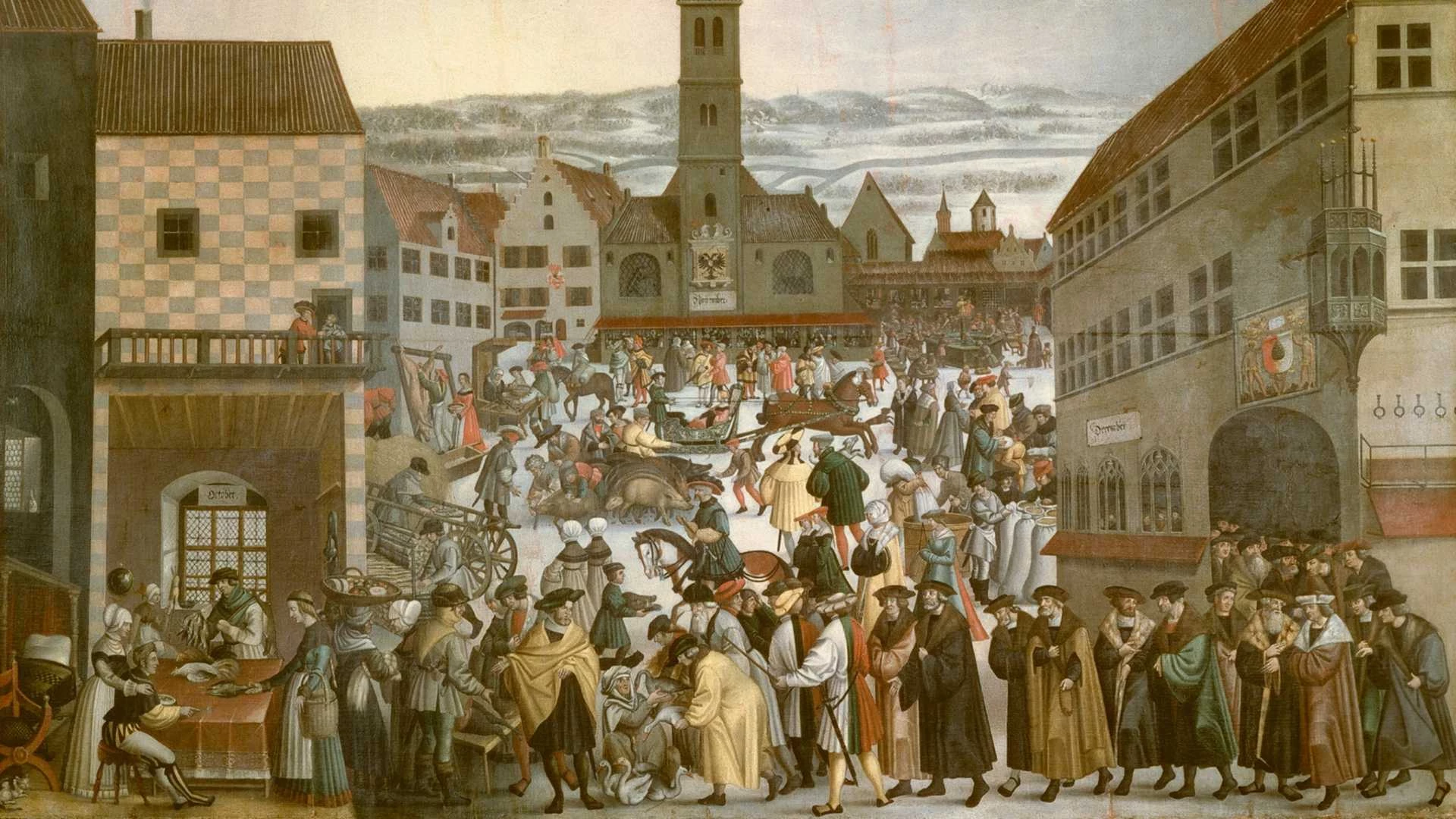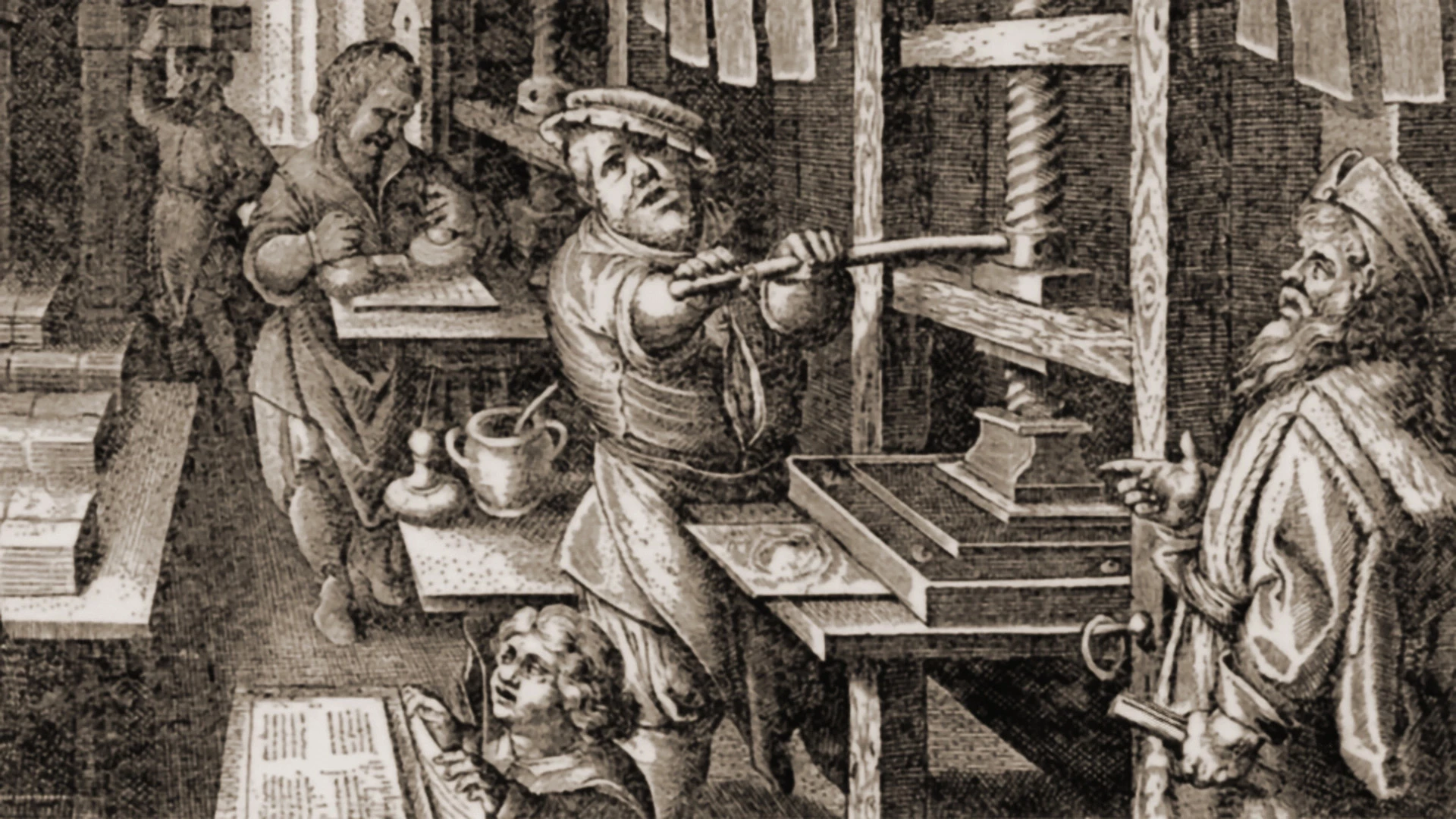Frühe Neuzeit | Aufklärung
Frederick II of Prussia
Frederick II of Prussia, later known as Frederick the Great, is a dazzling and contradictory figure - artist and military commander, enlightener and absolute ruler at one and the same time, embodying enlightened absolutism as virtually no other monarch. Already in his youth, Frederick is interested in art and philosophy and abolishes torture immediately upon ascending the throne in 1740. In close contact with such visionaries of the Enlightenment as Voltaire, he seeks to modernise the Prussian state. He ultimately turns Prussia into a great European power through extensive reforms and infrastructure projects - as well as the ruthless deployment of the Prussian army - as in the Silesian wars against Austria.
mehr
weniger
Rheinsberg Palace, crown prince, army, Frederick William I, Soldier King, discipline, parsimony, military force, Hans Hermann von Katte, flight, fortress of Küstrin, execution, philosophy, philosophers, Voltaire, Enlightenment, tolerance, correspondence, Silesia, Austria, conquest, attack, power, fame, Maria Theresia, battlefield, king, soldiers, propaganda, Frederick the Great, Potsdam, castle Sanssouci, enlightened ruler, social gathering, Seven Years’ War, Russia, Peace, reason, first servant of the state, press censorship, freedom of speech, economy, manufactories, manufactory, mercantilism, luxury goods, state treasury, rural settlement, colonists, agriculture, immigration policy, religion, jews, protection money, man of the people, peasants, privileges, landlords, nobility, feudalism, judiciary, General State Law, legal order, great power, modernization, absolute autocrat
Geeignet für die Fächer:
Geschichte


